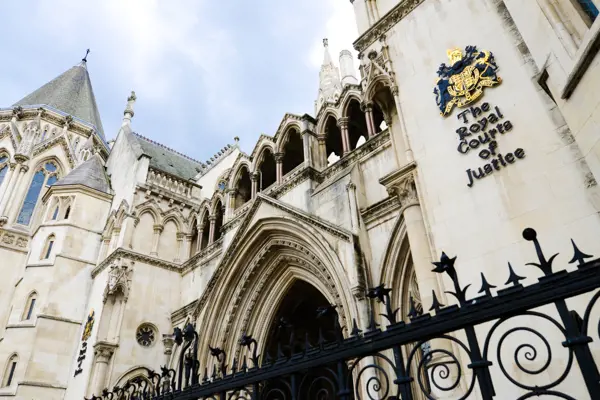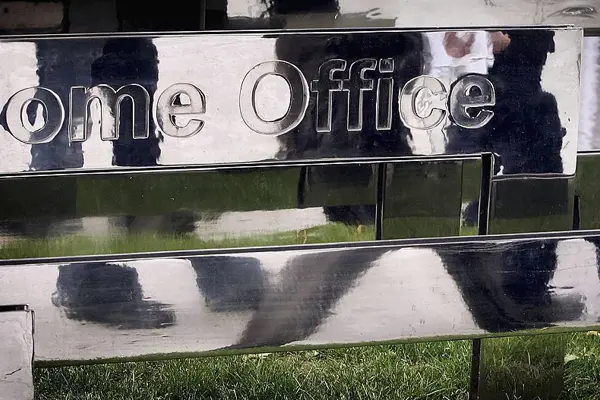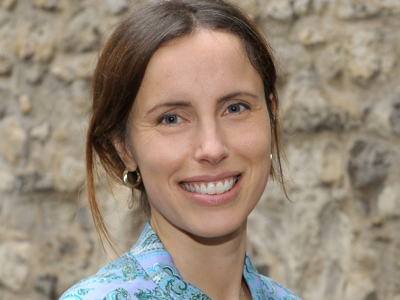Human rights issues highlighted by COVID-19
On Human Rights Day, Kate Egerton, Aisha Asghar and Abi Joseph look at how human rights are more important than ever in protecting our basic rights and freedoms in the context of the COVID-19 pandemic.
Posted on 10 December 2020
The Coronavirus pandemic has inflicted a devastating impact on people’s rights all around the world. In the UK it has highlighted the inequalities between communities and has emphasised the need for human rights to be central in all responses to the pandemic.
Inquests
The crisis has sadly meant that many families are coming to terms with the loss of loved one. There has been unyielding pressure on our justice system and understandable delays in obtaining post-mortem examination reports. However, bereaved families are still entitled to an inquest when a death is caused by unnatural or unknown causes and can use human rights argument to ask for an enhanced investigation when a loved one has died in the care of a public body.
DNR
With the extraordinary amount of pressure on the NHS, staff have had to deal with the significant issue of deciding what treatments a patient will receive. There is an increasing concern that healthcare professionals have been imposing blanket DNR (do not resuscitate) orders without conducting adequate assessments on each patient. While there is no legal requirement for a patient or their family to consent to a DNR decision, the patient’s and their family’s human rights mandate that decisions should not be taken in secret and decisions should be properly communicated.
Social Care
The Coronavirus Act 2020 has had an exponential impact on the rights of those on low-income and those who rely on the care of others. The Act introduced many measures including changes to Social Welfare provisions. Although the government aimed to assist those in receipt of benefits, not everyone receiving benefits is being treated equally. For example, students with part-time jobs are ineligible to receive universal credit because of their full-time student status and human rights can be used to challenge the unlawful allocation of state benefits.
The Act has also reduced the responsibility on local authorities to support the vulnerable because the government says it is impossible to deliver the same service levels due to the surge in demand. Further, the Act is silent on the duties of local authorities to care leavers but guidance states that local authorities “should assess their needs and prioritise the most vulnerable”. It does, however, remain the position that if local authorities do not meet their statutory duties to care leavers including the duty to keep in touch, to appoint a personal advisor and to assess, they will be acting unlawfully and in breach of the care leavers’ rights.
Accessibility
The government is failing to provide accessible correspondence regarding the pandemic to people with disabilities in breach of its human rights and equality duties. For example, letters are being sent to people with sight loss, who are shielding, in inaccessible formats meaning they cannot access fundamental information about how to protect themselves, and others, from the deadly virus. This is incredibly concerning – especially given that correspondence regarding vaccines is also likely to be inaccessible – and shows again how human rights have not been central in the government’s response to the pandemic.
Prisons
The government attempted to consider how prisoners could be protected against COVID-19 outbreaks by publishing a policy on the early release of certain vulnerable prisoners on temporary licence. Vulnerable prisoners included pregnant women, prisoners with their baby in custody and those who were classed as ‘extremely vulnerable’ by NHS guidelines. However, this policy has overlooked certain groups who do not fall within the NHS definition of ‘extremely vulnerable’ but are classed as vulnerable under the prison regime and were faced with social distancing measures that included being locked in their cells for 23 hours per day.
Police powers
Police powers have also been adapted to take the necessary measures to protect the public during lockdown. However, these powers do not justify the police acting outside of the law nor interfering with people’s fundamental human rights. If the police were to step beyond these limitations, their actions would be subject to challenge.
Minority groups
The rights of minority groups such as LGBT+ and BAME have also come under scrutiny. Recent statistics revealed that the risk of COVID-19 related deaths amongst ethnic minorities is significantly higher than the risk to those of white ethnicity; there is therefore a need to consider the social inequalities that BAME groups face including the increased exposure to insufficient housing, poverty, and the likelihood of BAME individuals being employed as key workers.
Due to the increased risk of isolation, and lack of understanding, the LGBT + community also faces challenges when it comes to accessing support services and mental health care. The ageing trans population is the first generation to go through health challenges and health and social care providers are less familiar with how to treat them. Support therefore needs to be adapted to protect these groups and ensure their human rights to healthcare are protected.
Summary
The Coronavirus pandemic has presented us with unprecedented challenges but the above examples show how human rights can be used to uphold people’s fundamental rights and protect those most vulnerable against the impacts of this devastating virus.


